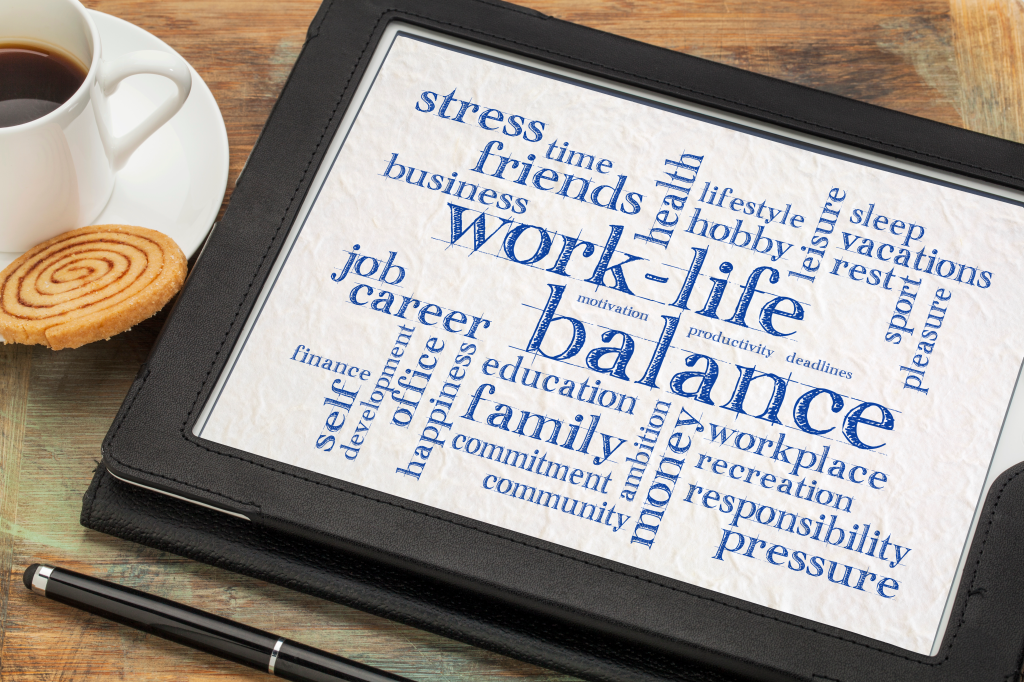It won’t be long now before our last child packs up and heads off to college and begins their own journey into adulthood. Many parents like myself, find themselves facing the bittersweet reality of becoming empty nesters. For some, the newfound quietude and absence of children bustling around the house can evoke a profound sense of loss and loneliness. However, this life stage also presents an opportunity for parents to rediscover themselves, rekindle their passions, and embark on new adventures.
Empty nest syndrome, characterized by feelings of sadness and loss when children leave home, is a common experience for many parents. The sudden shift from a bustling household to an eerily quiet one can leave parents feeling adrift and unsure of how to fill the void. However, experts suggest that acknowledging and embracing these feelings is the first step toward finding fulfillment in this new chapter of life.
“It’s natural for parents to feel a mix of emotions when their children leave home,” says Dr. Sarah Johnson, a psychologist specializing in life transitions. “The key is to view this time as an opportunity for personal growth and exploration rather than focusing solely on the loss.”
One way empty nesters can navigate this transition is by focusing on self-care and rediscovering their interests and passions. Whether it’s picking up a hobby they set aside years ago, pursuing further education, or traveling to destinations they’ve always dreamed of, empty nesters have the freedom to prioritize their own needs and desires.
“For many parents, the empty nest phase can be a time of reconnection with oneself,” says Dr. Johnson. “It’s an opportunity to pursue activities and interests that may have taken a backseat during the busy child-rearing years.”
Beyond individual pursuits, empty nesters can also strengthen their relationships with their partners. With children out of the house, parents have more time to devote to each other and nurture their bond. Planning date nights, taking up a new hobby, strolling the beach together, or simply enjoying quiet evenings at home can help couples reconnect and rediscover the joy of spending time together.

In addition to focusing on personal and relational fulfillment, empty nesters can also find purpose and meaning through giving back to their communities. Volunteering, mentoring younger individuals, or getting involved in local organizations are all ways in which empty nesters can make a positive impact and find fulfillment outside of their roles as parents.
Ultimately, while the transition to empty nesthood may come with its challenges, it also offers a wealth of opportunities for growth, exploration, and reinvention. By embracing this new phase of life with an open mind and a sense of adventure, empty nesters can discover a renewed sense of purpose and fulfillment that extends far beyond the confines of their empty nest.







